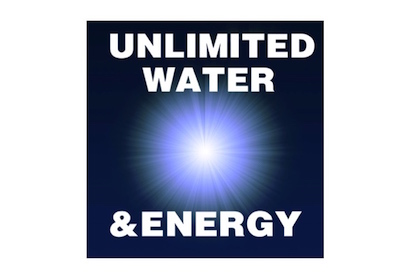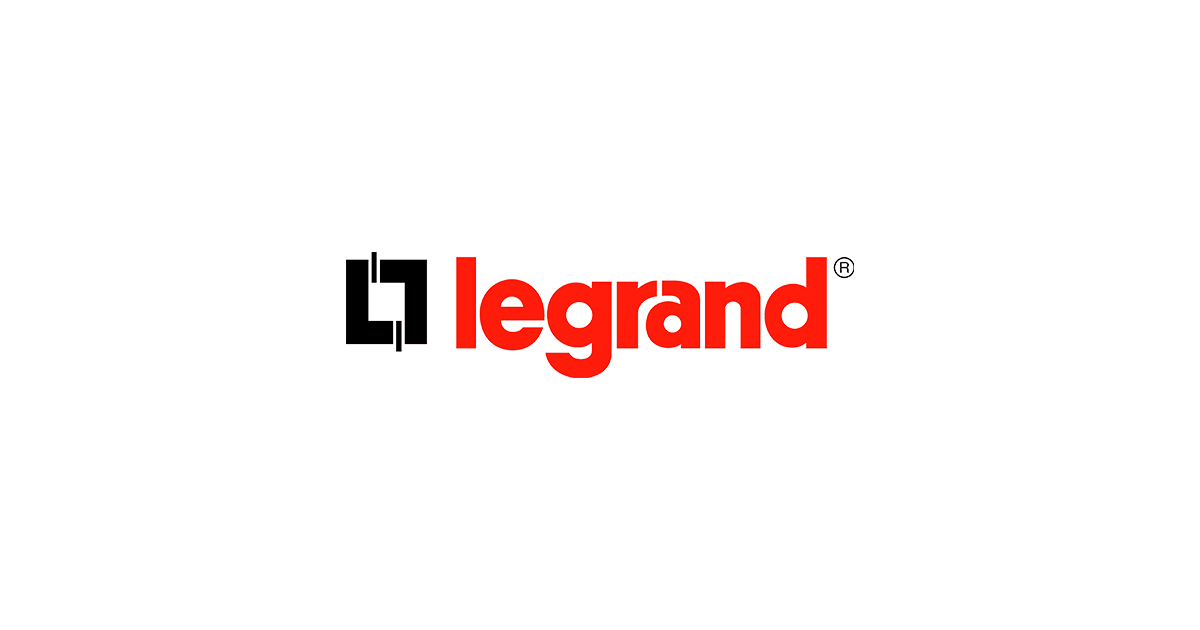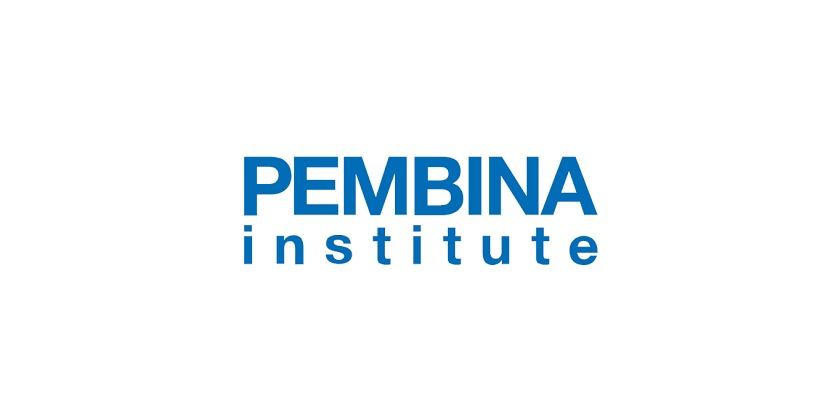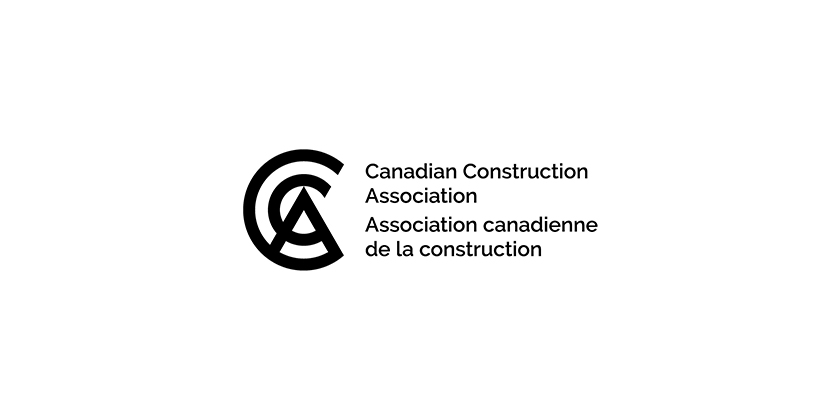EH2 Solar — A Small Business with Global Reach

March 22 2016
Located in Blainville, PQ, EH2 Solar offers turnkey solutions for different energy applications. The company offers competitive technologies in the domains of green energy and sustainable resource usage, such as biomass, solar, cooling and production of potable water. EH2 Solar also helps customers meet regulatory, environmental project and cost targets with platforms that increase energy efficiency.
For Stéphane Labelle, President of EH2 Solar, the goal is to make energy-efficient, environmentally friendly solutions at the best prices possible so that green technologies become more accessible for everyone and help reduce our dependence on fossil fuels.
Founded in 2006, this small company has developed technologies in collaboration with partners around the world. Among its achievements, the EH2 Solar team has developed a solar energy technology that provides power 24 hours a day, 7 days a week. EH2 Solar uses thermal storage and requires no batteries to provide power during the night. The technology involves solar concentration; the concentrators are light, solid and cost effective. According to Labelle, this technology is more effective and less expensive than other solar technologies on the market.
EH2 Solar team recently signed a contract to heat a community centre in Havre-aux-Maisons, in Quebec’s Magdalen Islands with its solar technology. According to media coverage, the community centre consumes 15,000 litres of fuel oil annually. This project could reduce the centre’s fuel oil consumption by half when it becomes operational in fall 2016. The Magdelen Islands are 100% dependent on fossil fuels for heating and electricity.
EH2 Solar has also developed an innovative cooling technology that involves desalinization. Developed with collaborators, a prototype can produce 2,500 litres of a desalinated ice and water mixture from seawater. This slush, or ice slurry, is transported into pipes and used to cool buildings, solar or thermal power plants, or any other process that requires cooling. Once the ice melts, it contains a salinity of less than 400 ppm, corresponding to standards for drinking water, and a maximum distribution of 500 ppm of salinity. Seawater contains an approximate salinity of 35,000 ppm. This cooling technology saves up to 82% of a building’s energy consumption, and produces drinking water as a byproduct.
Find out more about EH2 Solar: www.eh2solar.com/.
 Laurence Rocher-Brassard is the Editor of EIN’s sister publication: Le monde de l’électricité en ligne
Laurence Rocher-Brassard is the Editor of EIN’s sister publication: Le monde de l’électricité en ligne
More in EIN by Laurence Rocher-Brassard:
EFC Officially Launches the Young Professionals Network
Swati Patel: the Art of Success Outside Your Comfort Zone
Stephanie Santini: Never Underestimate Her Capabilities
Cynthia Renaud — the journey of a determined lighting specialist
















